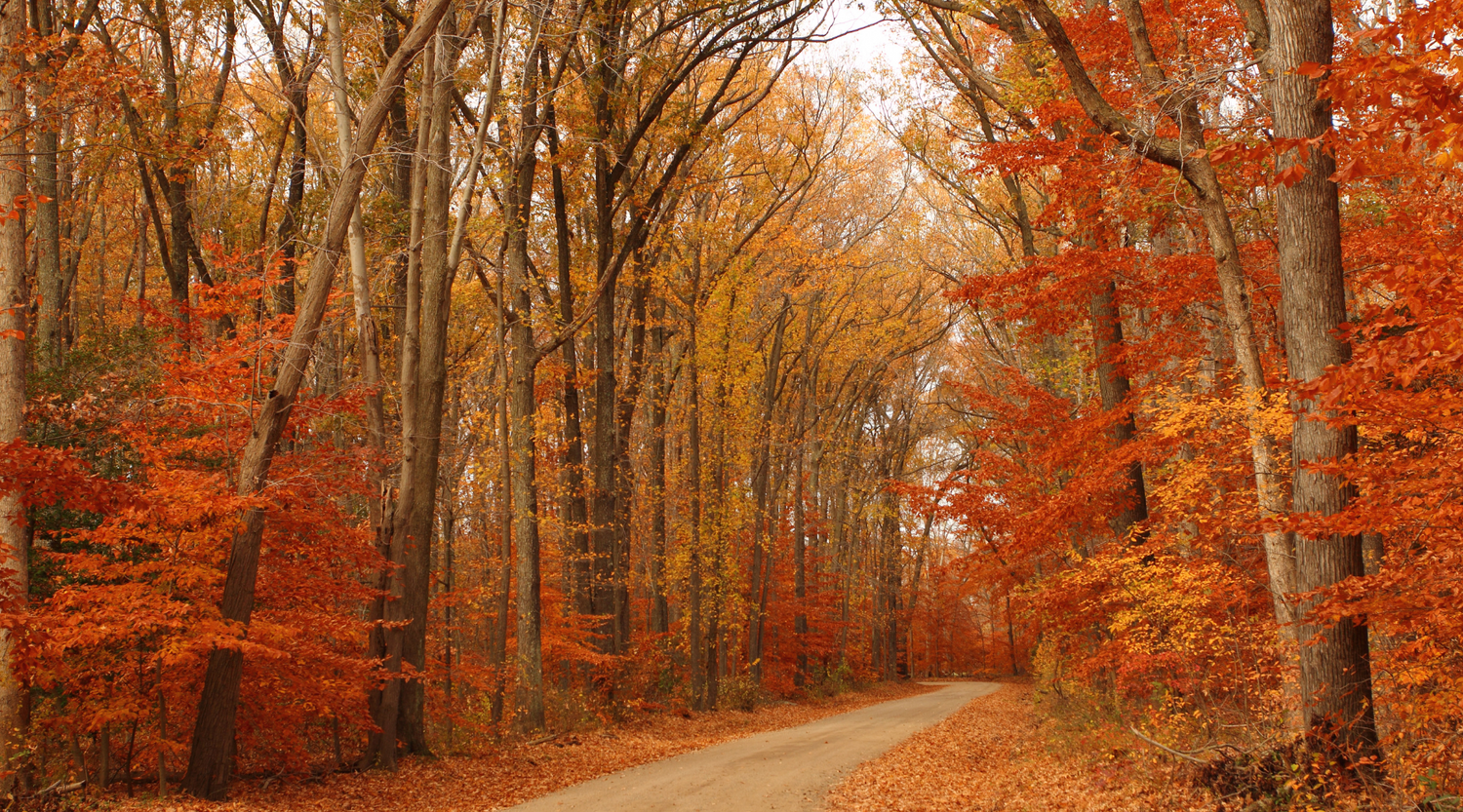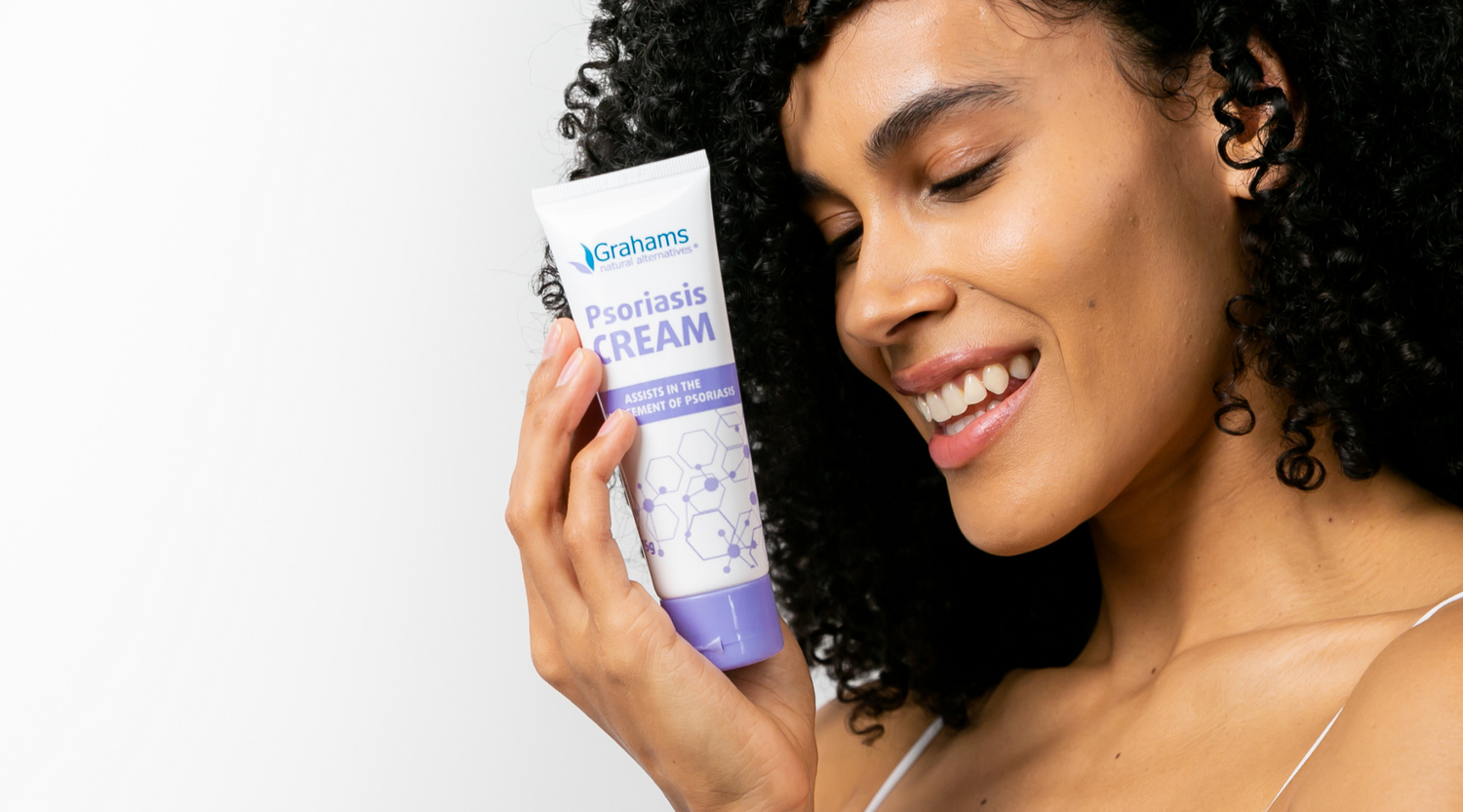Those who suffer from eczema, generally develop the skin condition when they are infants or children. This is referred to as Atopic Eczema as it appears on the skin as red, itchy patches and tends to flare up periodically. Although there are a variety of eczema treatments and relief creams – the reality is, eczema will likely stay with you for a long time.
So, the burning question that is always asked is – “How does Eczema age?”.
To understand how eczema ages, you must understand where eczema comes from and how those that suffer react to certain environments. According to the National Eczema Association, those suffering from eczema tend to have an “over-reactive immune system that when triggered by a substance outside or inside the body, responds by producing inflammation.” Such substances can be allergies or general skin irritation materials such as wool. Additionally, eczema sufferers have been known to have a slight mutation of the Filaggrin gene. Filaggrin is generally known for aiding the human body in maintain a healthy protective barrier on the top layer of the skin.
While eczema sufferer flare ups are triggered by multiple factors, the main factors include dry skin, specific irritants such as soaps and fragrances, seasonal changes, allergies, and stress – with each suffer being affected differently by triggers.

How does eczema affect Teenagers and Adults?
Although there is a high potential that many who suffer from eczema as a baby, can outgrow the skin condition – many adults carry it with them into adulthood. Eczema for those from teenagers to adults tend to see flare ups occur in a variety of places. These include:
- Creases of the elbows
- Behind the knees
- Hands
- Scalp
- Around the eyes or on the eyelids
- Nipples
Adults will notice that their skin will become thickened and dry – in the areas affected by the rash.
Treating Aging Eczema
As we get older, our skin becomes naturally drier. This means that when an eczema rash or flare up appears, the skin will become itchy, red, and potentially infected. The general eczema treatment is a topical eczema cream and eczema oil used specifically for hydrating the skin while reducing inflammation and bacteria on or around the rash. While using an eczema cream is ideal – personal lifestyle changes could also help reduce flare ups or the severity of them. Common foods such as citrus and dairy are known to contribute to eczema while excessive exercise with sweat can be known to irritate an eczema sufferers skin further causing a flare up.
Reducing these personal lifestyle choices while using eczema treatments, will help your skin age with hydration in it - further reducing the exposure to eczema flare ups or severe eczema flare ups.
Informative Image Credit: www.verywellhealth.com






